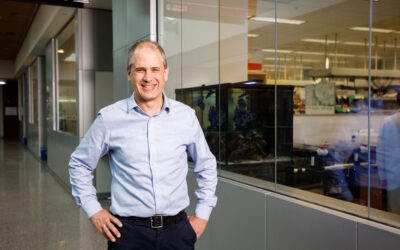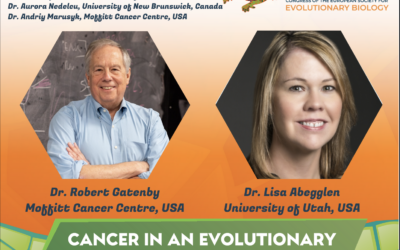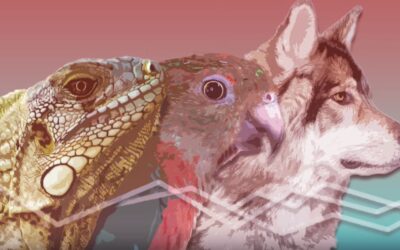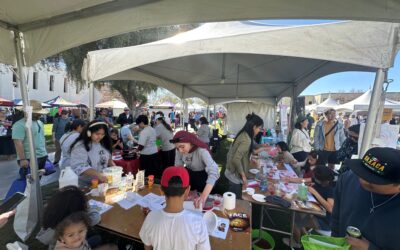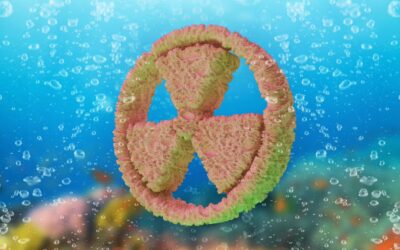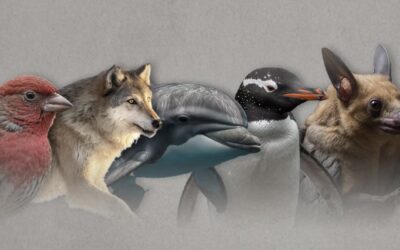Major Breakthrough in Predicting Cancer Outcomes
Members of ACE are part of an international team that has created a cost efficient method to accurately predict the trajectory of a person's cancer. It shows that some cancers, or pre-cancers, may be present for many years or even decades before causing any trouble...
How technology and new theory is advancing cancer research
This fascinating and informative article, Taming cancer evolution surprises, by science journalist Vivien Marx is just published (Sept '25) in Nature Methods. It gives a good flavor of the multitude of new methods that geneticists, evolutionary biologists,...
Great podcast: What evolution teaches us about cancer, with Carlo Maley
Listen to this fascinating, entertaining and accessible podcast where ACE leader, Carlo Maley, gives an overview of his research into how animals help us understand the development of human cancers and how evolutionary principles are about to be tested in people with...
Profile of Zachary Compton
Read this great profile of post-doctoral ACE researcher, Zach Compton. Zach is now at the University of Arizona. We are so proud of Zach!
2025 Congress of the European Society for Evolutionary Biology
The 2025 Congress of the European Society for Evolutionary Biology (ESEB) will take place in Barcelona, Spain, from August 17 to 22, 2025. Key dates:25 April 2025, Call for Abstracts ends: 1 June 2025, Early bird registration ends; 2 June 2025, Regular Registration...
The relationship between diet, plasma glucose, and cancer prevalence across vertebrates
In this intriguing research paper, recently published in Nature Communications, ACE researchers led by Stefania E. Kapsetaki and Carlo Maley show that, surprisingly, there is no significant link between diet and plasma sugar levels across nonhuman vertebrate species,...
ACE at 2025 Science Fairs
February was was a busy month for the undergraduate students who participate in ACE outreach. They helped children isolate DNA from strawberries and built cells out of goo and PlayDoh both at the Chandler Science and Innovation Fair and at ASU's Open Door, the annual...
Ancient sea creatures offer fresh insights into cancer Sponges withstand extreme radiation, provide clues to disease resistance
Ace researchers have found that sea sponges are incredibly resistant to radiation, and though some species can live for hundreds of years or longer, the their study didn't find any evidence of tumors in the animals. In fact, one species studied could withstand 100...
New study explores cancer prevalence in hundreds of vertebrate species
In a major study of almost 300 vertebrate species published in the journal, Cancer Discovery, ACE researchers examined over 16,000 necropsy records to look for the incidence of cancer across species. Among the findings of this ten year study, the team discovered that...
Resistance Management for Cancer: Lessons from Farmers
Preventing cancer cells becoming resistant to treatment drugs is one of the trickiest problems facing oncologists, yet farmers have worked out ways to manage an analogous problem - controlling the development of resistance to chemicals by the pests in their fields. In...
